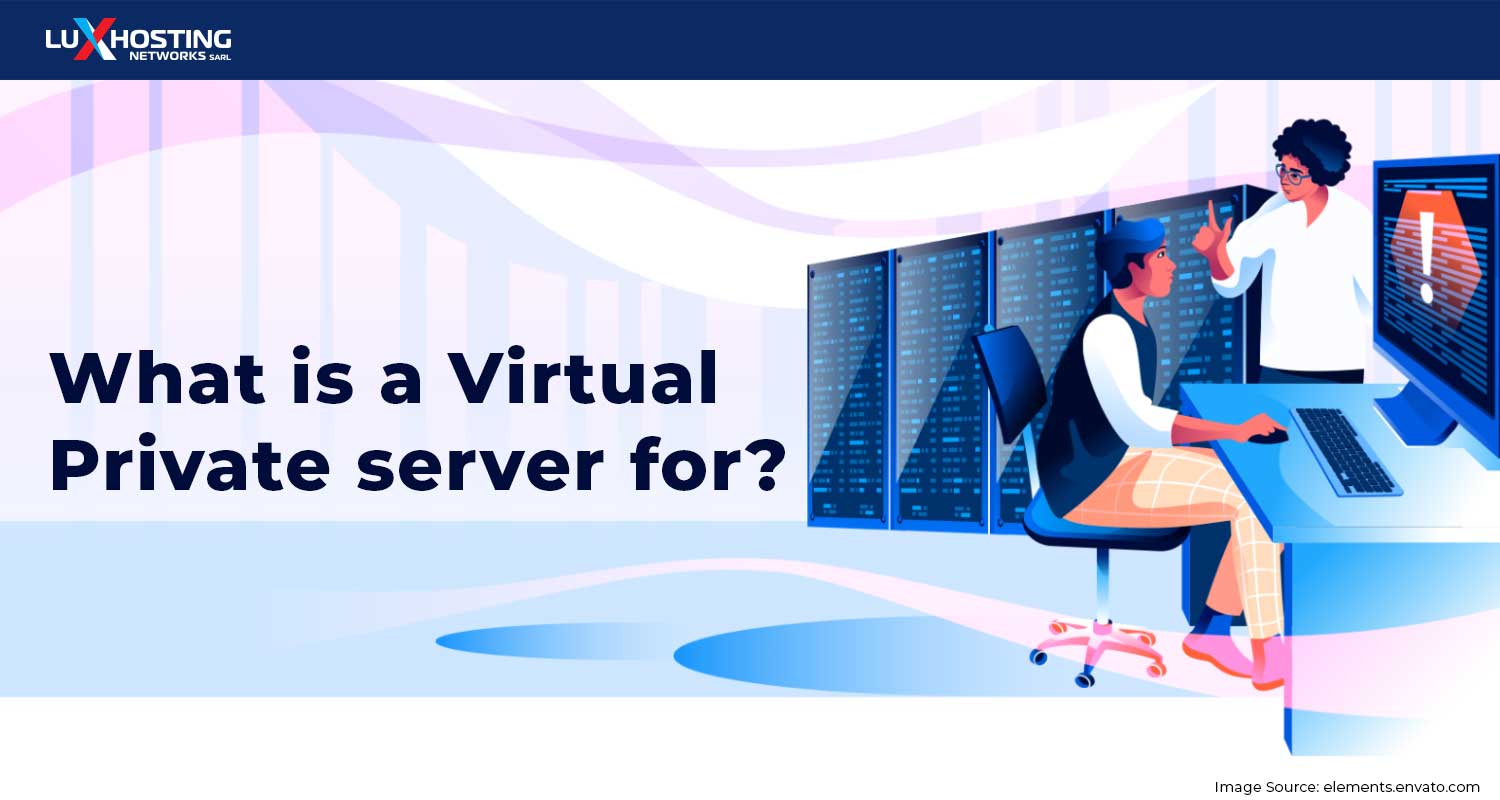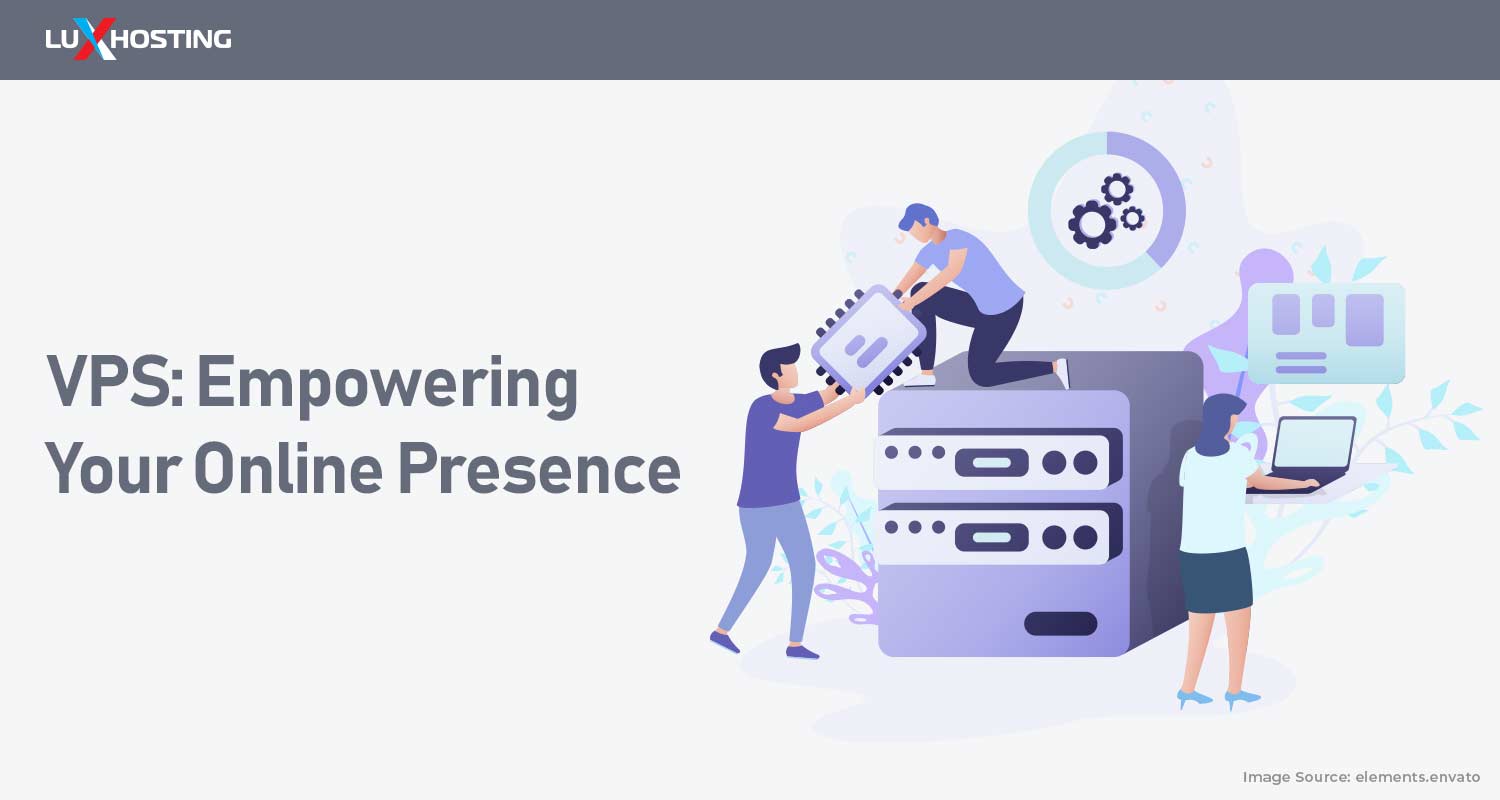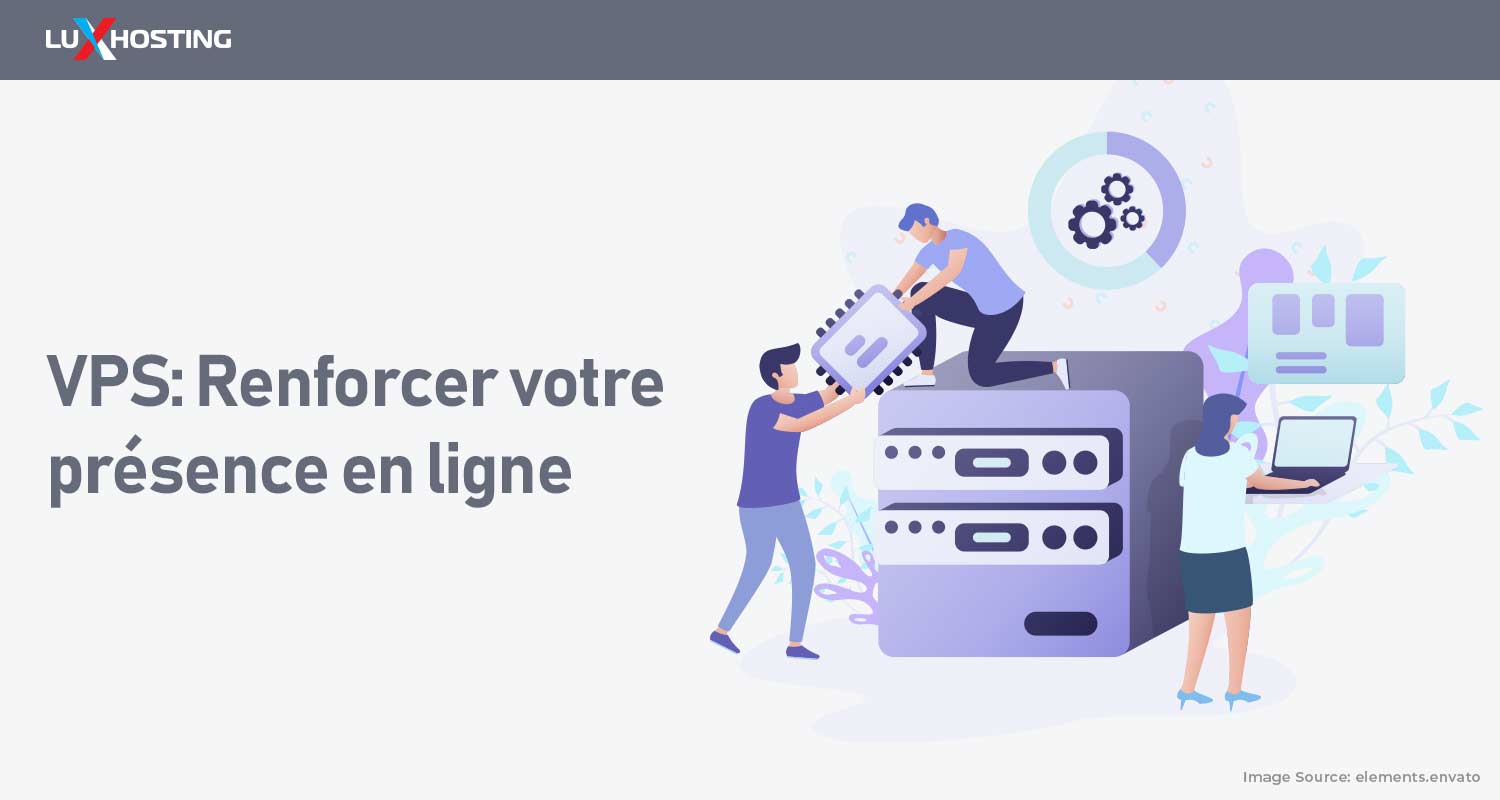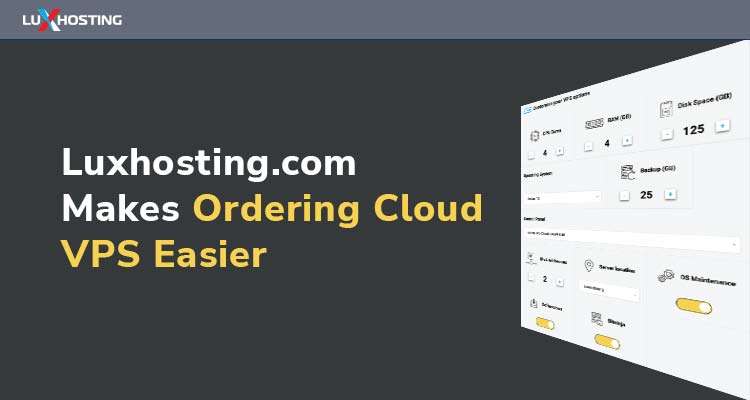When you brought your website into the world, you probably stored it on a shared server and called it a day. But now you’re hearing that your shared server might not be enough. You’ve been hearing whispers about something called a “Virtual Private Server”. (And you’re not even really sure what is a Virtual Private Server!) So, when websites start suggesting that you need a VPS, how much of that is true and how much is just marketing hype? This guide helps you learn the difference. Of course, before we can even touch what is a virtual private server’s function and whether these reportedly amazing functions will benefit your website, we have to start with the most important thing you need to know about Virtual Private Servers.
What is a Virtual Private Server?
Shared servers are fine for smaller websites, but for sites that get lots of visitors, or for sites that are tiny but need extra security, a shared server won’t be enough. Even if you don’t have the budget to get a whole server to yourself (called a “dedicated server”), you still need a server setup that keeps your website away from the other sites on the server. So, if you were wondering what is a Virtual Private Server’s main feature, it’s this: A Virtual Private Server uses virtualisation technology to separate one massive server into individual private servers that use their own resources. A VPS is great because you don’t pay the premium price you’d end up paying for a dedicated server, but you also don’t compete for resources or face the security issues you’d get with a shared server. Now that you know what is a Virtual Private Server, here’s how you use it.
What is a Virtual Private Server for?
 Image source: elements.envato.com A Virtual Private Server is for anyone who wants to keep their website on a secure server without paying top-shelf prices and without worrying about storage constraints or security hazards. If you have a small website that you don’t particularly care about, you probably don’t need anything more spacious or more secure than a shared server, but if you want to make sure your website is secure without paying dedicated-server prices, then you need a Virtual Private Server.
Image source: elements.envato.com A Virtual Private Server is for anyone who wants to keep their website on a secure server without paying top-shelf prices and without worrying about storage constraints or security hazards. If you have a small website that you don’t particularly care about, you probably don’t need anything more spacious or more secure than a shared server, but if you want to make sure your website is secure without paying dedicated-server prices, then you need a Virtual Private Server.
When to get a Virtual Private Server
If any of the following are true of you or your website, you should definitely consider switching to a Virtual Private Server:
1. Your website is painfully slow.
Speedy websites are the key to retaining visitors and converting them into customers. So, your slow website could be the reason your competitor’s website has suddenly started seeing so many of your once-loyal customers. If you’re still using shared hosting and your website has started running more slowly, your website has probably outgrown its storage space. Upgrading to a Virtual Private Server will have your website zipping along again in no time!
2. You have an online store.
If you have an online store and need to collect your customers’ credit card information, you should definitely upgrade to at least a Virtual Private Server. If your website hasn’t been hacked yet, you have been extremely lucky. Try not to tempt fate by keeping such top-secret information on a shared server. The small price you pay per month for a Virtual Private Server is nothing compared to what you’ll end up having to pay for a lawsuit and a consultant to help you repair the damage to your business’s reputation if something goes wrong. Best to avoid the whole thing altogether and get a Virtual Private Server in the first place.
3. You’ve been getting more visitors.
If your website has started seeing more visitors lately, congrats! To stay on that trajectory, don’t wait until your website starts crashing from the pressure of handling all your visitors. Upgrade to a Virtual Private Server, so your visitors have a consistently pleasant experience and keep recommending your site to their friends!
4. You need to use custom software.
If your website requires custom billing, taxation, or security software to run properly, there’s not much you can do with a shared server. But if you get a Virtual Private Server, you can do whatever you want with your server, which makes it endlessly customisable. You can add your own custom software and even your own custom operating environment to give your website exactly the resources it needs to thrive. Now that you know what is a Virtual Private Server and whether you need one, here’s how to choose the best hosting package for your website:
What to look for in the best VPS hosting
Lots of web hosts offer VPS hosting, but to make sure you’re getting a good deal, choose a host that offers all of these services:
- 99% uptime: It’s almost impossible for a host to offer you 100% uptime, so 99% uptime is the closest thing we have to perfection, and you shouldn’t settle for anything less.
- Managed VPS hosting: Managed VPS hosting means that your web host will handle all the technical aspects of running your server so you can focus on more important things – like running your business.
- 24/7 customer support: If your host’s server starts acting up at 2 a.m. on a bank holiday, you want to know that you’ll still be able to get some help. There are other great features that web hosts will offer, but if your host doesn’t offer all three of these, it’s time to keep looking.
Wrapping up
Now that you’ve finished reading this guide, you know what is a Virtual Private Server, when to get one, and how to choose the best one. If you enjoyed this guide, check out our other guides about hosting and marketing your website. Also, check out our amazing VPS hosting products and swoon-worthy deals!



